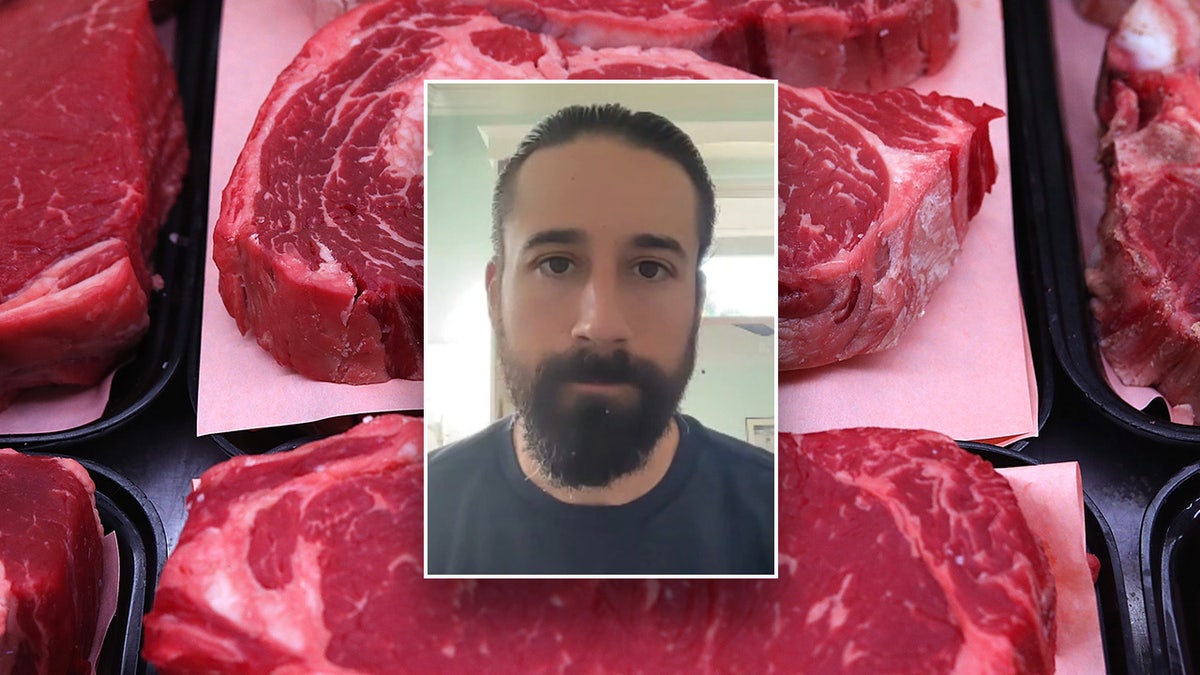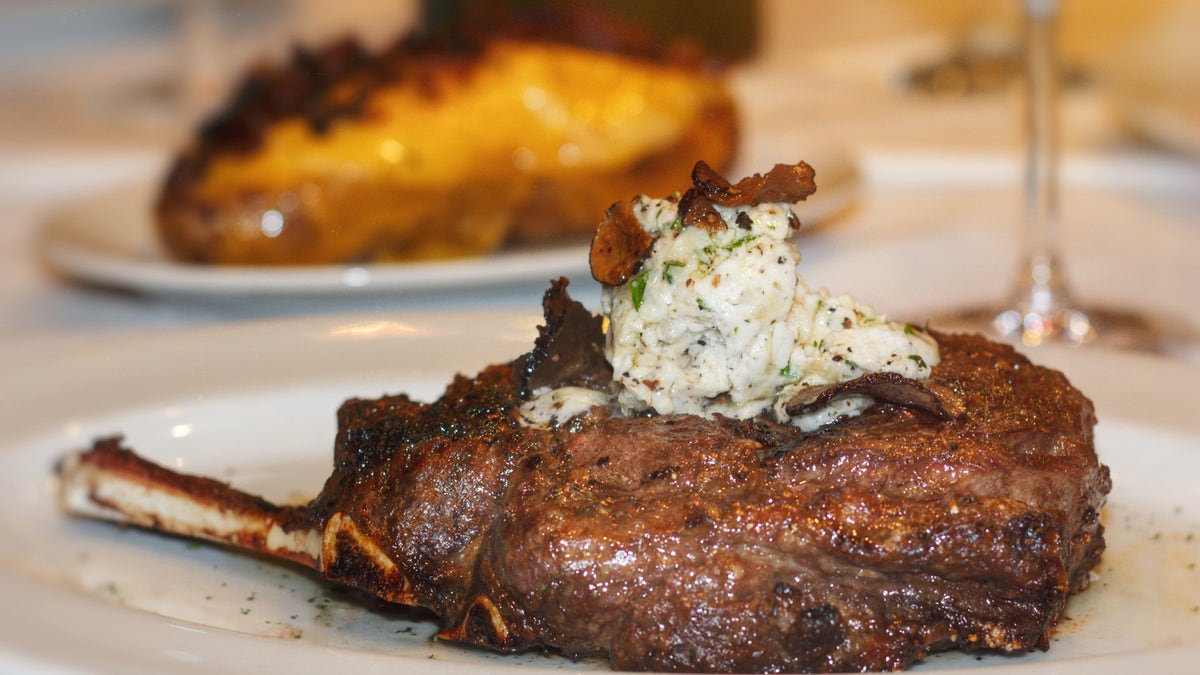Celebrity chef Andrew Gruel offers ‘life hack’ to Americans looking to stretch their dollars
'Food prices have increased substantially, but they're also increasing regionally,' Gruel said
California-based celebrity chef Andrew Gruel says food prices have increased substantially
Gruel says Americans can beat the system by remotely working for a company based in a highly regulatory state.
A California-based celebrity chef offered a "life hack" to Americans who are looking to stretch their dollars as the current economy has made it increasingly difficult to thrive in big cities.
Chef Andrew Gruel, the CEO and founder of American Gravy Restaurant Group, operates multiple restaurants across California, including Calico Fish House, Big Parm Pizza and Two Birds Chicken. He can’t relocate as an extremely hands-on restaurant owner, but a recent trip to Louisiana made him realize how other Americans can beat the system in the post-COVID era of remote working.
"I think a great life hack is working for a company in a highly regulatory state, a state in which the cost of living is excessively high - California, New York, you know, Illinois, Chicago, right? Some of these bigger cities. But then you live and work remote in a rural area where the costs are incredibly low," Gruel told Fox News Digital.
"So, in a perfect world scenario, I would work for a company out of Silicon Valley and I would live in South Dakota and work remote," he continued. "I would get the salary for Silicon Valley… and then I pay $500 a month for my place to live in South Dakota and $100 a week in groceries, and you got the best of both worlds, maybe a little travel back and forth. You're all set."

Chef Andrew Gruel, the CEO and founder of American Gravy Restaurant Group, said the price of high-quality steaks has increased regionally. (Photo by Justin Sullivan/Getty Images/Fox News)
Gruel recently noticed rental cars and gas were both significantly less expensive in Louisiana than in California when he took a trip to New Orleans. But as a chef, food is always at the forefront of his mind, and he was stunned by the cost difference of high-quality steaks.
"Food prices have increased substantially, but they're also increasing regionally, and in some areas they're not that high, and in other areas they're incredibly high," he said.
Gruel, who regularly shares mouth-watering images of his culinary creations on his social media, said that many assume it’s simply the rising cost of the particular commodity that drives up prices, but that isn’t necessarily the case.
"It's not always the input prices in food that are distributed down to the retail cost. So, states in which regulations are high, insurance costs are high - there's so many steps and layers in the bureaucracy that are adding costs to the business - well, all of those costs have to be distilled to the end product in one way or another," Gruel said.
CHEF RICHARD BLAIS' PRIME RIB RECIPE IS THE MOUTH-WATERING MEAL TO ENJOY THIS CHRISTMAS
In other states, where the regulatory framework for doing business is lower, he said restaurant owners saving money on things like insurance and taxes ultimately helps the consumer because there would be a lower cost on the final product.
"While the cost of the actual input, or the food itself, might be the same across the region, regional differences in the management of their businesses result in much lower cost of goods at the shelf in those states," Gruel said.
"For example, I was in Louisiana, it was like $12 a pound for ribeye. In California, the same ribeye, it was a prime grade ribeye, would cost me $36 a pound," he continued. "The steer probably is the same steer that goes down to Louisiana or goes out to California. So why the big cost difference? Well, California has got taxes on taxes on taxes on taxes. Louisiana is a much freer state in that regard."
UN WANTS AMERICANS TO CUT BACK ON EATING MEAT. AND THAT'S ONLY THE BEGINNING

The cost of prime ribeye is significantly higher in California than in less-regulated states, according to Chef Andrew Gruel. (Courtesy Ocean Prime)
Beef isn’t the only thing impacted by these types of cost increases, and Gruel said eggs, dairy, cheese and other commodity items are also likely to be more expensive in strictly regulated states. He acknowledged inflation isn’t the only factor, as things like the avian flu also impacted prices. There were also supply chain issues, which Gruel said are "directly a result of the current administration."
Other things such as the war in Ukraine can impact the cost of some commodity products such as wheat, but Gruel believes Americans can avoid many issues by growing the products locally.
"The reason that we're vulnerable to international conflicts from a food perspective is that when we rely on an international market for our food, and it's not being grown in our own backyard, while the cost might be a little bit lower, when there's a conflict or some sort of an international crisis, be it the pandemic or the conflict in Ukraine or whatever else, well then we don't have the product here in the United States because of disrupted supply chains and shipping lanes, and we can't grow the product ourselves," he said. "That's why it's inherent that we stop selling our farmland to people like Bill Gates or some Chinese conglomerate that's coming in and taking up most of our property here."
CLICK HERE TO GET THE FOX NEWS APP
Fox News' Nikolas Lanum contributed to this report.
Brian Flood is a media editor/reporter for FOX News Digital. Story tips can be sent to brian.flood@fox.com and on Twitter: @briansflood.



